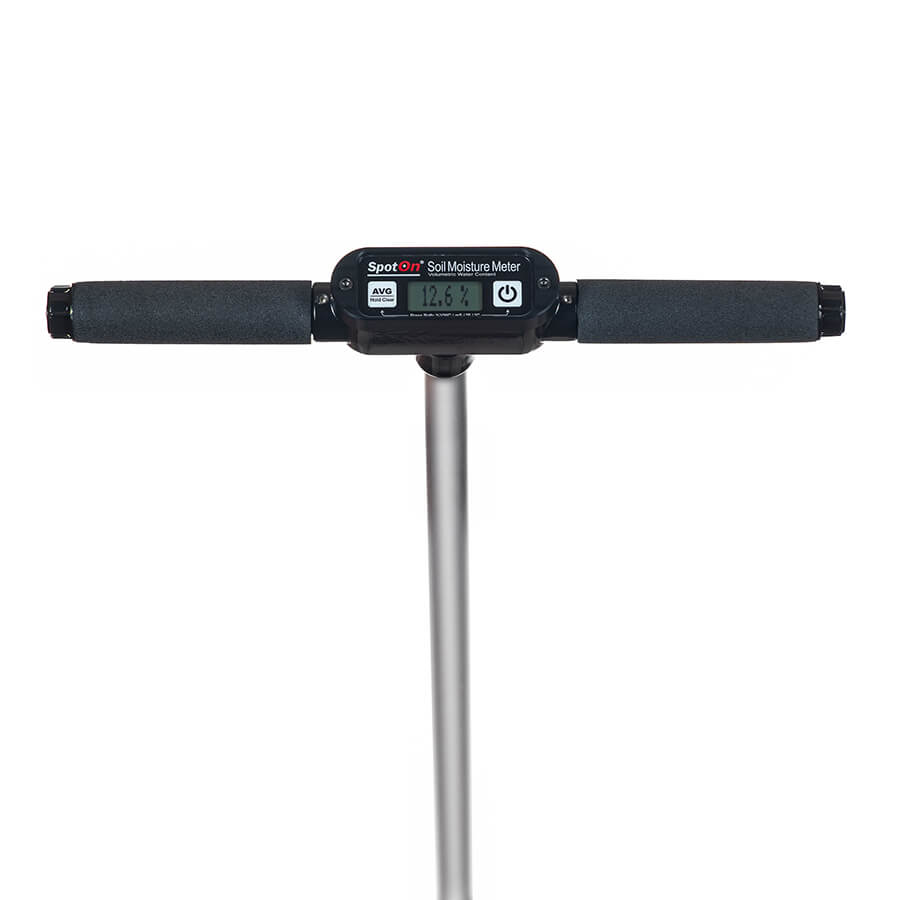The Scientific Research Behind Moisture Meters: Exactly How They Work and Why They're Vital
The Scientific Research Behind Moisture Meters: Exactly How They Work and Why They're Vital
Blog Article
The Ultimate Overview to Wetness Meters: A Comprehensive Overview and Just How They Can Conserve You Money
Wetness meters offer as important devices in spotting and monitoring moisture material in products, assisting in avoiding expensive problems and ensuring the high quality of items. Recognizing the nuances of different kinds of dampness meters, their applications, and the potential cost-saving benefits they use can be a game-changer for experts and services alike.
Kinds of Moisture Meters
Various types of wetness meters are readily available for different applications in various markets. One usual kind is the pin-type dampness meter, which measures the electrical resistance between two pins placed into a material. This kind is ideal for timber, drywall, and various other structure products. Pinless dampness meters, on the various other hand, use electromagnetic sensor plates to scan a larger area without triggering damage to the product's surface area. Moisture Meter. These meters are excellent for quickly evaluating moisture levels in big areas such as floorings and wall surfaces.

Additionally, there are also specialized wetness meters developed for specific products like dirt, hay, or grain. These meters offer accurate dampness readings tailored to the special buildings of the material being tested. Infrared wetness meters measure the thermal buildings of a material to determine its wetness content non-invasively, making them beneficial for applications where pin or pinless meters may not appropriate. Comprehending the different kinds of moisture meters offered can help markets pick the most ideal tool for their certain moisture measurement demands.

Benefits of Using Dampness Meters
Wetness meters provide very useful benefits in properly analyzing and checking wetness levels in diverse materials and settings. One of the key advantages of utilizing moisture meters is the prevention of possible damages triggered by excess wetness.
Moreover, making use of wetness meters can result in enhanced power effectiveness. By determining areas with high dampness degrees, such as leaks or inadequate insulation, changes can be made to enhance energy conservation and lower utility costs. In farming settings, dampness meters play a critical function in optimizing plant returns by allowing farmers to monitor dirt wetness levels and make informed watering decisions. On the whole, the benefits of using dampness meters extend across numerous markets, offering cost-effective remedies and advertising better quality assurance methods.
How to Choose the Right Wetness Meter
When choosing a wetness meter, it's important to make certain that the meter is ideal for the specific material you will certainly be screening. Various products have differing electric properties that can influence wetness readings, so picking a meter created for your material home is crucial for exact results. By thoroughly reviewing these aspects, you can select a dampness meter that satisfies your needs and resource gives precise moisture dimensions for your projects.
Appropriate Techniques for Wetness Meter Usage

Expense Cost Savings Via Moisture Meter Applications
Exactly how can the calculated application of moisture meters cause substantial price financial savings across numerous sectors? Dampness meters play a crucial role in price financial savings by stopping prospective damage and ensuring quality assurance in various markets. In the agriculture industry, dampness meters help in identifying the ideal time for harvesting plants, stopping over-drying or excess moisture that can impact the end product's top quality. This specific surveillance assists farmers stay clear of unneeded losses and maximize their return.
Likewise, in construction, wetness meters help stop costly problems by spotting dampness levels in building products, such as wood or concrete, which can cause structural problems otherwise dealt with without delay. By identifying issue locations at an early stage, contractors can take restorative actions to avoid substantial repairs or substitutes, inevitably saving money and time.
Furthermore, in the food handling sector, wetness meters are crucial for keeping track of item quality and guaranteeing conformity with safety click for info guidelines. By properly measuring dampness content in food items, suppliers can avoid wasting, keep freshness, and minimize waste, resulting in significant expense financial savings. Overall, the tactical application of dampness meters is a beneficial investment that can lead to substantial price decreases and improved efficiency across different markets.
Final Thought
In final thought, wetness meters are beneficial devices for measuring and spotting wetness levels in various materials. By utilizing the right wetness meter and complying with proper techniques, users can efficiently avoid costly problems created by excess wetness. Investing in a quality dampness meter can bring about considerable expense savings in the lengthy run by recognizing prospective problems at an early stage and enabling punctual remediation. Ultimately, dampness meters are necessary instruments for maintaining the integrity and long life of structures and products.
Wetness meters serve as crucial tools in detecting and checking moisture content in products, aiding in stopping costly damages and making certain the high quality of items. Infrared moisture meters determine the thermal residential properties of a material to identify its dampness content non-invasively, making them beneficial for applications where pin or pinless meters might not be suitable.Wetness meters supply important benefits in properly checking and assessing wetness degrees in varied products and environments. In agricultural setups, dampness meters play an essential duty in maximizing crop yields by making it possible for farmers to monitor soil moisture levels and make notified watering decisions.In verdict, dampness meters are important devices for detecting and measuring moisture levels in various materials.
Report this page